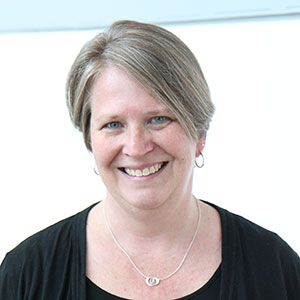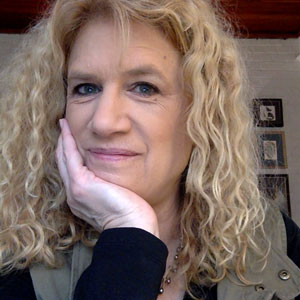At the Heart of What Matters
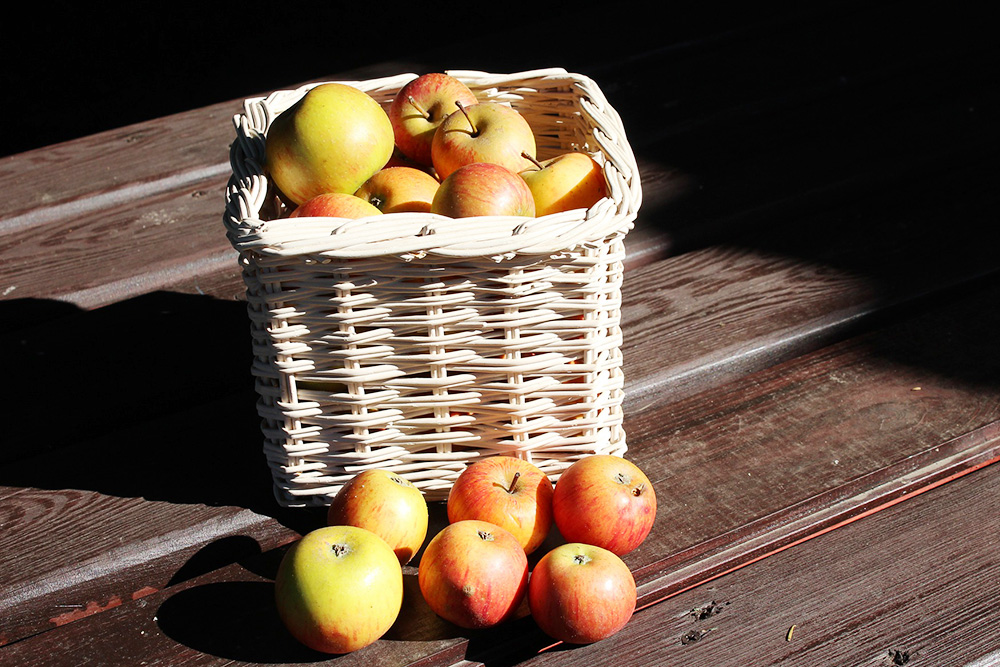
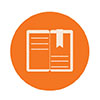
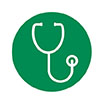 Even as Julie Haizlip recalls the brutal intensity of medical school, she also remembers the apples.
Even as Julie Haizlip recalls the brutal intensity of medical school, she also remembers the apples.
“My histology professor told us that every time she saw a medical student, they were eating junk food,” laughed Haizlip, now a clinical professor of nursing, an associate professor of Pediatrics, and a practicing pediatrician at UVA Health. “So, she’d buy and bring a box of apples into the lab now and again and urge us to take care of ourselves.”
The apples, that show of care, and the now almost 30-year-old story offers an illustration of how a professor can make a student feel they matter, a seemingly simple concept that remains the focus of Haizlip’s research, and a new $50,000 one-year grant from the Kern Institute for the Transformation of Medical Education. In a moment when stress, burnout, COVID-19 exhaustion, and attrition are plaguing health professionals and winnowing their ranks, Haizlip and her colleagues seek a blueprint for cultures of mattering in nursing and medical education to ensure future caregivers enter the profession with their purposes clear, their contributions confident, and their souls and egos intact.
When doctors and nurses feel they matter, she added, it benefits us all.
Mattering’s ingredients may be simple, like the apples, but they’re elusive, too. What’s clearer is that nursing and medical students often experience steep declines in their well-being the further into healthcare training they proceed. Those declines are documented in the data: medical students develop depression at significantly higher rates than the general population, and nursing students are far likelier to report stress, sleep disturbances, and anxiety during their schooling. Schools have made deliberate adjustments—including limiting work hours and intentionally focusing on self-care—but without much turnaround.
“There were some very dark times where I felt very much like I was just another student in a short, white jacket,” said Haizlip, of her time in medical school, “that no one knew me, or was interested in why I was there, and it was easy to blend in in a lecture hall or feel like an annoyance on rounds. In some cases, I felt at a loss to understand how I could contribute.”
Many times, medical and nursing students can’t contribute because their skills are so new. They can feel like interlopers when working with well-established teams of health professionals, and diminished by clinicians who are dismissive, harried, or occasionally rude. Repeatedly feeling underutilized, said Haizlip, chips away students’ sense of worth and confidence, causing their purpose and sense of mattering to ebb. Lower senses of mattering are associated with higher rates of depression, anxiety, sadness, and stress. Conversely, Haizlip and colleague Natalie May, an assistant professor, found in previous research that surveyed 324 working nurses that those who reported high senses of mattering were less likely to report being burned out. So mattering matters.
“It is reasonable to conclude that mattering should enhance wellbeing,” said May, “and have the potential to decrease burnout and depression. Mattering supports wellbeing, fosters equity, fairness, drives engagement, and increases social behaviors and a sense of belonging.”
The ways health professions students perceive they are valued and add value vary, but certain truths about mattering exist, Haizlip said. Getting to those core tenets remains their goal.
In their study, Haizlip and May, along with colleagues at the Medical College of Wisconsin, will conduct in-depth interviews with 30 nursing and medical students to identify themes across four domains of mattering: awareness (others are aware of you and would miss you if you weren’t there); importance (others genuinely care for and are concerned about you); reliance (feeling you impact those around you); and ego-extension (that others feel a sense of pride in your successes and disappointment in your failures).
They will also interview faculty exemplars whom students identify as having cultivated their sense of mattering to determine what teaching practices build students’ sense of adding and being valued. Ultimately, they’ll develop a “mattering toolkit” with basic practices and principles to improve the academic and clinical experiences that health professions students encounter to promote their professional longevity, well-being, and improve their care.
Haizlip is quick to note that while health professions work cannot be scrubbed of difficulty, improvements must be made. COVID—which has driven skyrocketing attrition among caregivers—makes it an imperative.
“Some of this suffering can’t be avoided,” she acknowledged. “You’ll have a first patient who dies. There will be unexpected bad outcomes. It’s unavoidable. But even in those moments, a student can be of value to the patient or their team and there are ways we can let them know they are valued. We can enhance the experiences of our students by letting them know, ‘We want you to be here, you cancontribute, you’re in nursing and medicine because you have qualities that will make you a great nurse or doctor.’
“How can we not lose sight of that as students? As teachers? As clinicians? As people?”
###

